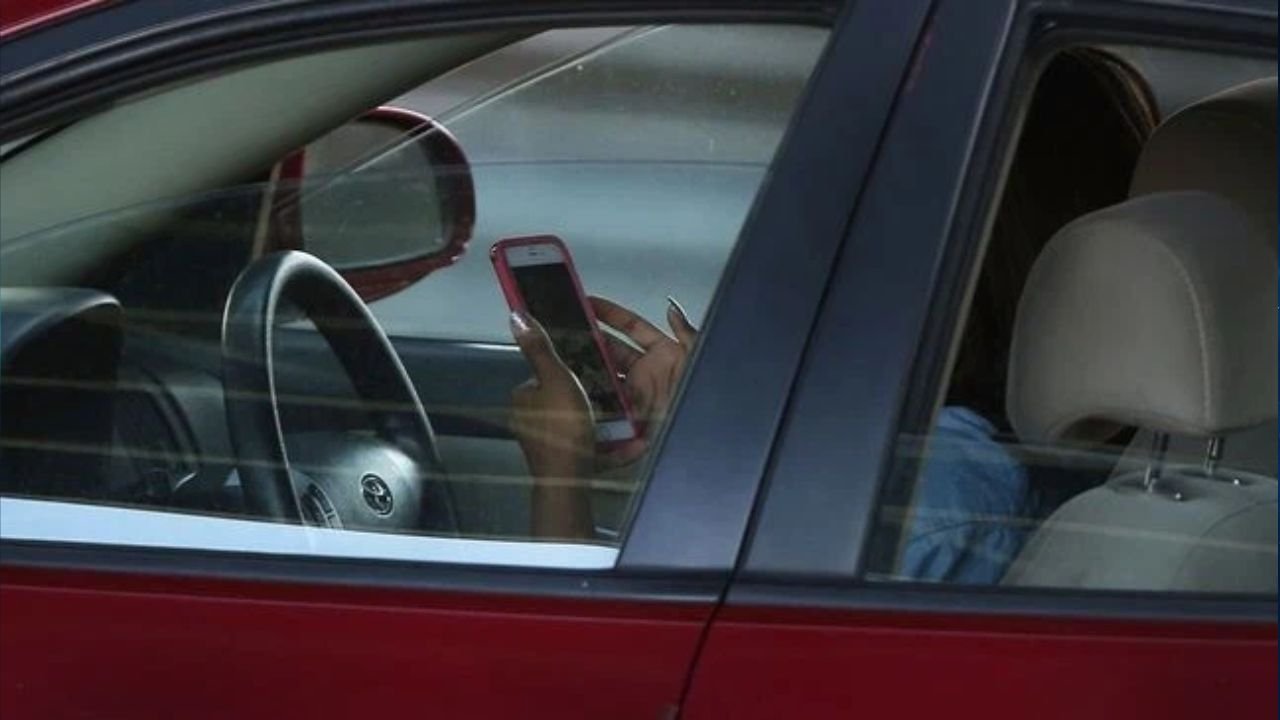Hands-Free Driving Law Starts in South Carolina This Fall — Here’s What Every Driver Should Know
SOUTH CAROLINA — South Carolina drivers will soon face new restrictions behind the wheel. Beginning September 1, 2025, a statewide hands-free driving law will take effect, making it illegal to hold a phone while operating a motor vehicle.
The new law, passed as part of the Hands-Free and Distracted Driving Act, is aimed at curbing distracted driving and preventing traffic fatalities. Similar to laws already on the books in Georgia and North Carolina, this law was passed with bipartisan support after years of public safety advocacy.
According to WRHI News, the law covers all public roads and highways in South Carolina, and enforcement will begin with a grace period before full penalties are applied.
What the Law Actually Prohibits
Under the new statute, it will be illegal to physically hold or support any mobile electronic device while driving. This includes cellphones, tablets, laptops, and even smartwatches if used for texting or content viewing.
According to Steinberg Law Firm, specific restrictions include:
- Holding or supporting a device with any part of your body
- Writing, sending, or reading texts, emails, or app messages
- Watching videos, movies, or scrolling through apps
- Recording videos or using camera features while driving
- Interacting with gaming applications or social media platforms
Even if your car is stopped at a red light or stop sign, these actions are still prohibited under the law.
What You Can Still Do Legally
The law still allows for hands-free interactions, which means drivers can:
- Use Bluetooth or built-in car systems for calls or navigation
- Activate voice commands like Siri or Google Assistant
- Interact with GPS only via dashboard controls or mounts
- Use a single button or swipe to start/end a call
South Carolina officials clarified that the law is focused on manual distraction, not simply using technology while driving. As noted by Floyd Law Firm, the key factor is whether the device is being physically handled or manipulated while operating a vehicle.
Penalties: What Happens If You’re Caught
Penalties escalate with repeated offenses. Here’s what to expect:
- First offense: $100 fine, no license points
- Second or subsequent offense (within 3 years): $200 fine + 2 points on your driving record
Points on your license can impact insurance premiums, lead to license suspension, or trigger DMV penalties if they accumulate quickly.
According to Trial Theory Legal Group, enforcement will start with a six-month grace period. During that time, drivers will receive warnings only, but after March 1, 2026, fines and points will be applied.
Why Lawmakers Finally Took Action
South Carolina was previously one of the few states in the South without a clear hands-free law. Officials had relied on vague distracted driving rules, which made enforcement difficult and inconsistent.
In 2024, South Carolina saw over 8,000 crashes involving mobile devices, many of which resulted in serious injuries or fatalities, according to SCDPS highway data.
Supporters of the law argued that clearer guidelines were needed, not just for driver safety, but also to maintain federal highway funding. Without this update, South Carolina risked losing up to 8% of federal transportation grants — a major incentive behind the legislative push.
What Drivers Should Do Right Now
To avoid citations — and to protect yourself and others — here are a few key steps to take:
- Purchase a phone mount or dash cradle
These allow safe visibility for maps or calls without violating the law. - Set up Bluetooth or hands-free tech before driving
Make sure your phone connects automatically when the vehicle starts. - Use Do Not Disturb mode
Most smartphones offer a “driving mode” that blocks incoming notifications and texts. - Talk to teen drivers
Educate young or new drivers on the importance of compliance. Most distracted driving citations involve drivers under 25. - Avoid “loopholes” like holding a phone in your lap
Even if not technically in your hand, if the officer sees you manipulating it, you can still be cited.
Rural & Local Impact
Law enforcement in Saluda, Greenwood, Edgefield, and other rural counties are preparing to educate drivers during the grace period.
Lt. Jeremy Parks of the Saluda County Sheriff’s Office told local media that deputies will focus on “education over enforcement” in the first few months but reminded drivers that “the rules apply everywhere — not just in cities.”
Community Response
Reactions to the law have been mixed. Some residents support the change as a necessary safety measure.
“I lost my cousin to a distracted driver two years ago,” said Leanne Johnson of Columbia. “If a phone mount could have saved her, then it’s worth the $15 investment.”
Others feel the law is too broad or difficult to enforce fairly.
Still, public safety experts emphasize that distracted driving remains one of the leading causes of preventable road deaths — and hands-free laws have shown measurable impact in states like Georgia and Tennessee.
Will this law change how you use your phone while driving? Do you feel safer knowing others can’t hold devices anymore? Let us know in the comments at SaludaStandard-Sentinel.com — your perspective shapes local coverage.







